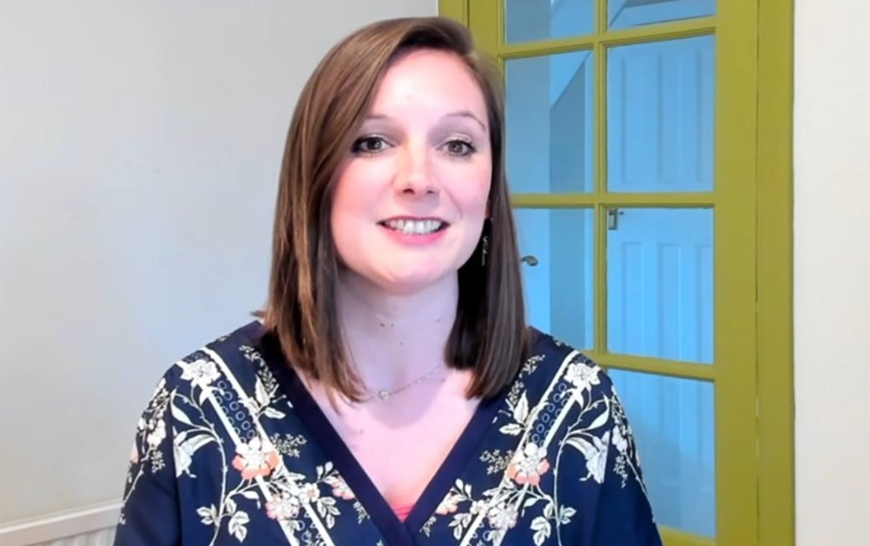I’m an amateur triathlete and chose the sport because of the variety. But I also chose it because initially both the swim and the cycle sections filled me with fear. We spend a lot of our time at MSB Executive helping people to overcome their fears of communicating in public and I felt it would be good to face some of mine so I could experience nerves and the physical effects they have on the body.
Stop avoiding what you fear
Initially I spent a lot more time focusing on running as this was something I had done for a long time. So too with some people we work with – they feel more comfortable working on their slides yet avoid practising their talk in front of others. Luckily I have a good friend who after one swim which involved more swallowing water than swimming suggested I try out her swimming coach. After a year’s training with Mike at streamline swims my 400m time had reduced from 11minutes to 7.43! But better still I had learnt some ways to calm myself when the nerves appear.
Recognising nervous adrenalin and what it can do
My first Olympic-length triathlon was at Dorney Lake last year. It was a chilly September day and despite the wetsuit I was feeling very cold and shaky. I had done the training for the 1.5k swim but as I started I could feel myself gasping for air and floundering around. Panic had set in and the build up of nervous adrenalin caused by the wait to start was making my body move in some very erratic ways. But I had two things to help me overcome the fear. The first was thinking of coach Mike’s voice reminding me to start slowly, to enjoy it and to remember that I had done all the preparation and training I could do. And the other was a technique that is advocated by famous confidence coach Dr Rob Yeung in his yellow book Confidence that we use with many of our clients to help them face their fears and go the extra step. It is really easy to remember and it goes like this:
A – Acknowledge that you are nervous and name the feeling “this is my feeling of panic!”
B – Breathe. Super helpful when you are swimming but also key before public speaking as nervous adrenalin can cause us to take shallow breaths. Taking deep breaths helps send oxygen into the blood stream to feed the heart and muscles that are working really hard.
C – Chuckle! or smile. This was key for me as I remembered that triathlon for me is a hobby and that I can only do as well as I can do. Likewise in a business situation – the consequences of not even trying are often worse long term than having a go and maybe making a mistake or two.
D – Do. Confidence as defined by Dr Yeung is doing something you are scared of.
Once I had walked myself through this in my mind I gained a surge of energy and went on to have a really decent swim. The combination of acknowledging I was scared of the swim, getting some help with it, practising as much as I can, smiling and then just doing it is a great way to overcome a fear and also to build up confidence.








0 Comments